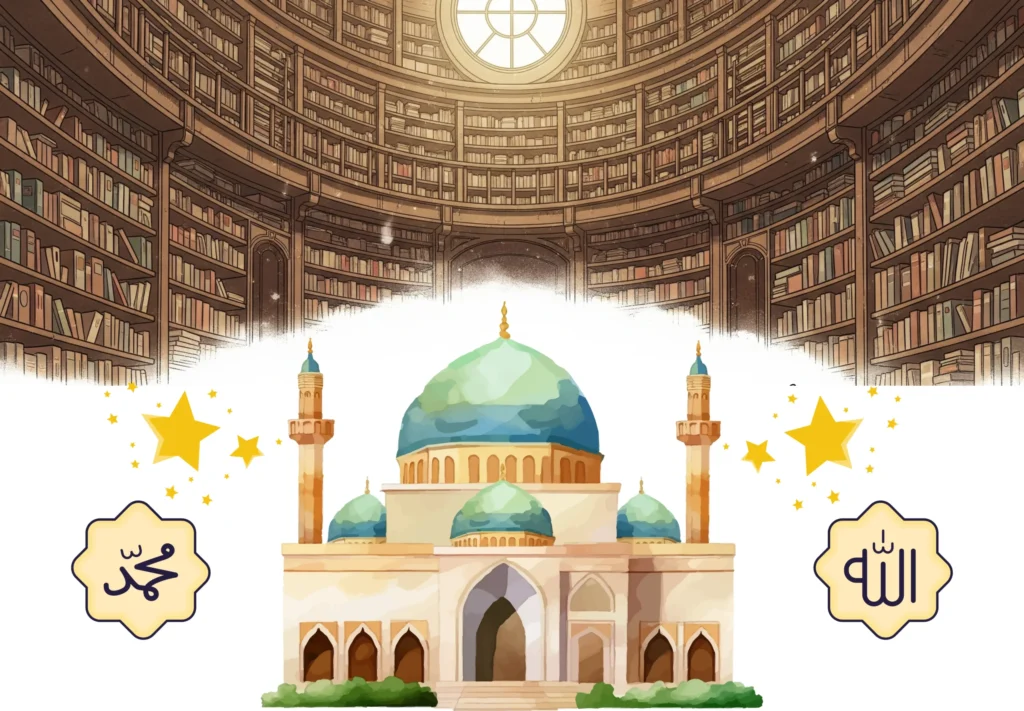Know about the untold history of 1000 years in the Western world. A civilisation that was the preserver, expander, and innovator of knowledge when the West was living in darkness.
Table of Contents
Introduction
Islam, whenever it appears in the media—whether conventional (print and electronic) or digital—is too often portrayed as a violent religion. This narrative is pushed by a certain group of people to ensure it is feared and hated by the masses. Yet, every time this campaign is launched, it strangely earns Islam more respect than animosity.
Why is that so? The answer lies in:
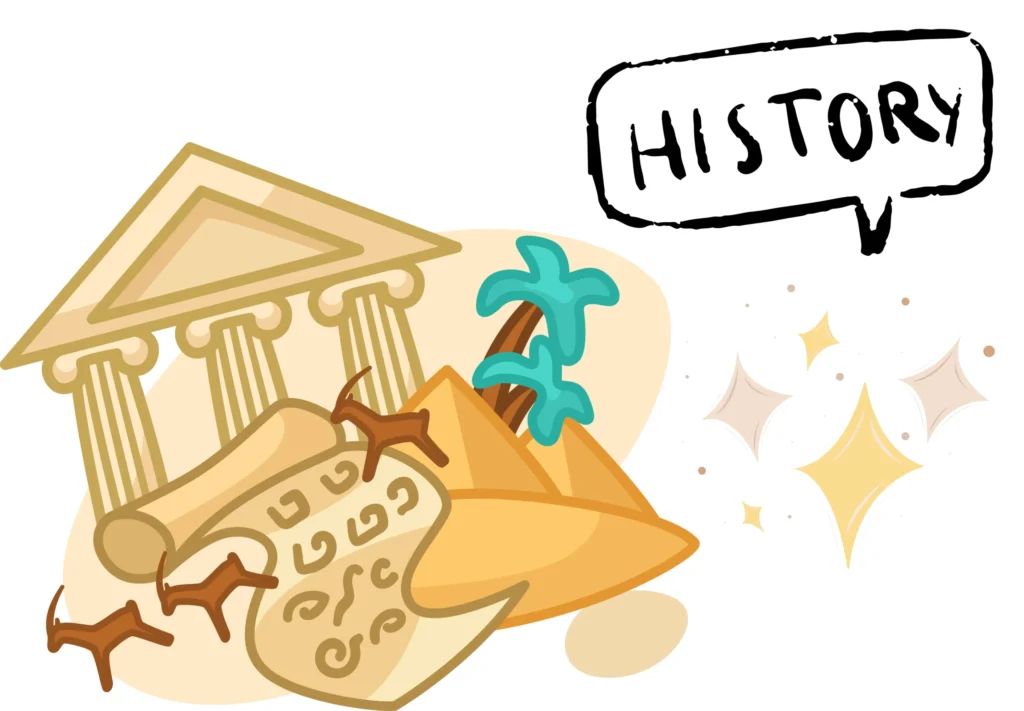
The Untold History of 1000 Years in the Western World
The truth is that Muslims were once the most advanced, cultured, and peaceful community. They produced towering geniuses—not only in theology and philosophy but also in medicine, astronomy, mathematics, chemistry, and countless other fields. Their brilliance left an enduring mark on humanity.
Western historians often tried to obscure this legacy, altering names into Latinized versions to claim these figures as their own. As the saying goes, “history cannot be buried forever”. Sooner or later, the truth resurfaces—and those who distorted it are left embarrassed.
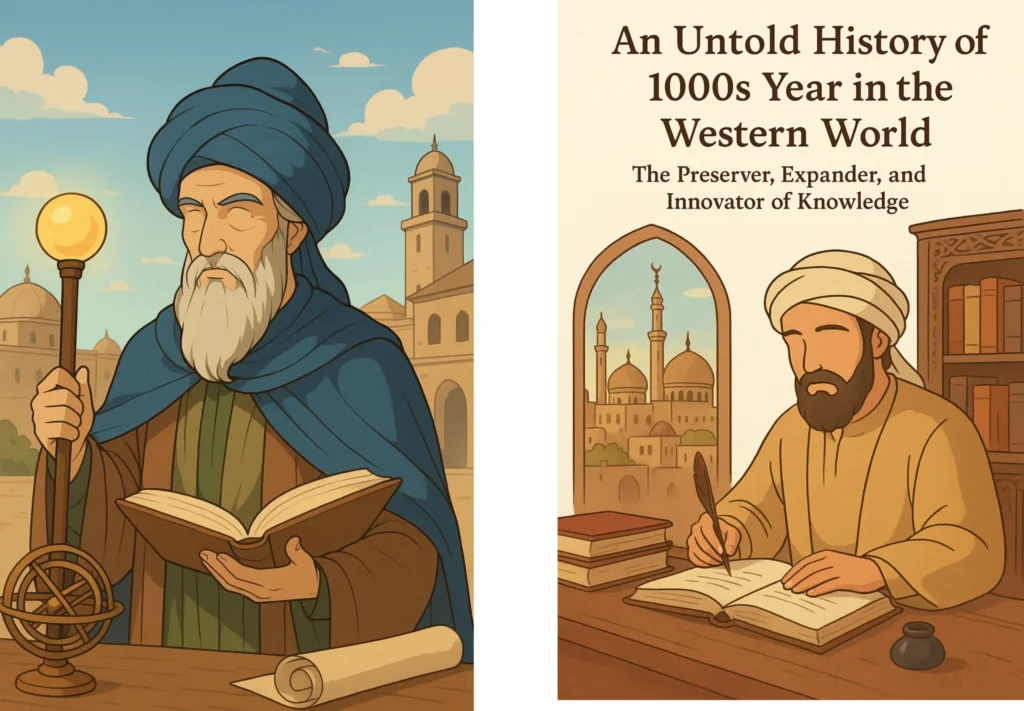
Muslims | The Torchbearer of Knowledge
Muslims left their footprints in astronomy, mathematics, medicine, philosophy, and many other disciplines. They were once the torchbearer of knowledge and introduced the world to the different aspects of wisdom.
To understand why this civilisation rose so high, why it fell from its apex, and how it can rise again, we must first return to its foundation: the vision of Islam itself. A vision where faith and knowledge are inseparable, and where learning is not merely a human pursuit but a divine command.
Knowledge as a Sacred Command
The first revelation of Islam begins with a command: “Iqra” — Read! (Qur’an 96:1). This was no coincidence. It signalled that the faith rests on learning, reflection, and understanding. Throughout the Qur’an, humanity is reminded over 300 times to ponder, to question, and to seek truth in the signs of the heavens and the Earth.
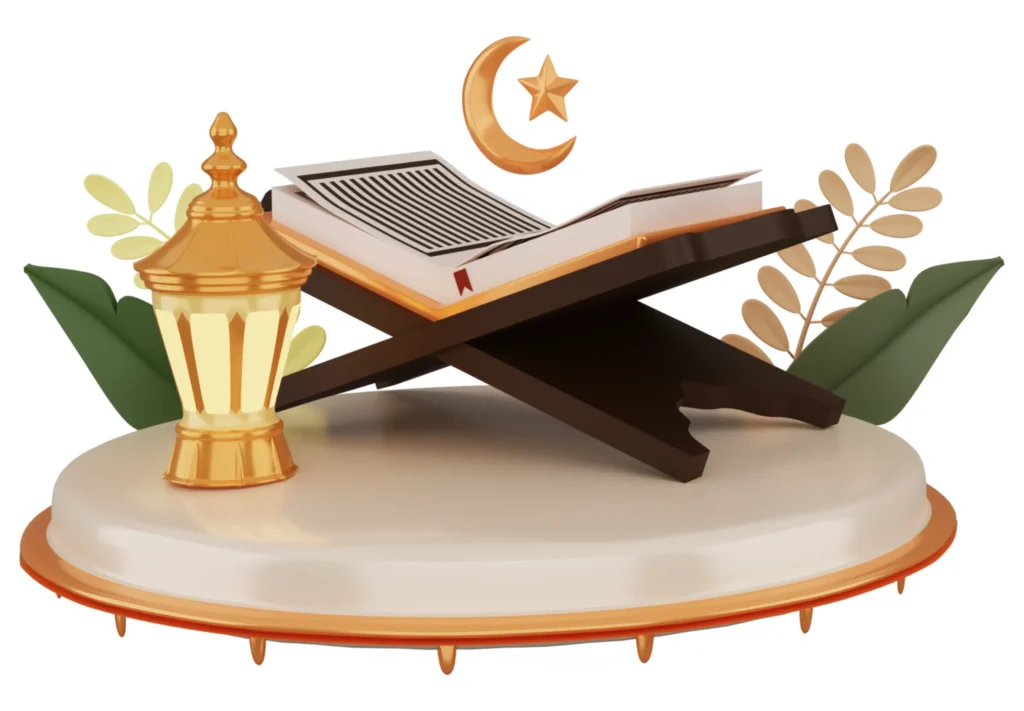
Qur’anic Emphasis
“Are those who know equal to those who do not know?”
(Qur’an 39:9)
“And He taught Adam the names — all of them.”
(Qur’an 2:31)
“Indeed, in the creation of the heavens and the earth and the alternation of the night and day are signs for those of understanding.”
(Qur’an 3:190)
Prophetic Traditions (Hadith)
“Seeking knowledge is obligatory upon every Muslim.”
“The one who follows a path to seek knowledge, Allah will make the path to Paradise easy for him.”
(Sahih Muslim)
Knowledge in Islam is not a luxury; it is worship, duty, and a path to truth.
Islam and Science | Beyond the False Divide
In the early centuries of Islam, there was no divide between religion and science. Scholars believed that faith and reason worked together. Studying nature, medicine, or the stars was seen as reading the signs of God. This harmony led to the Golden Age of Islam, when many scholars were both religious thinkers and scientists.
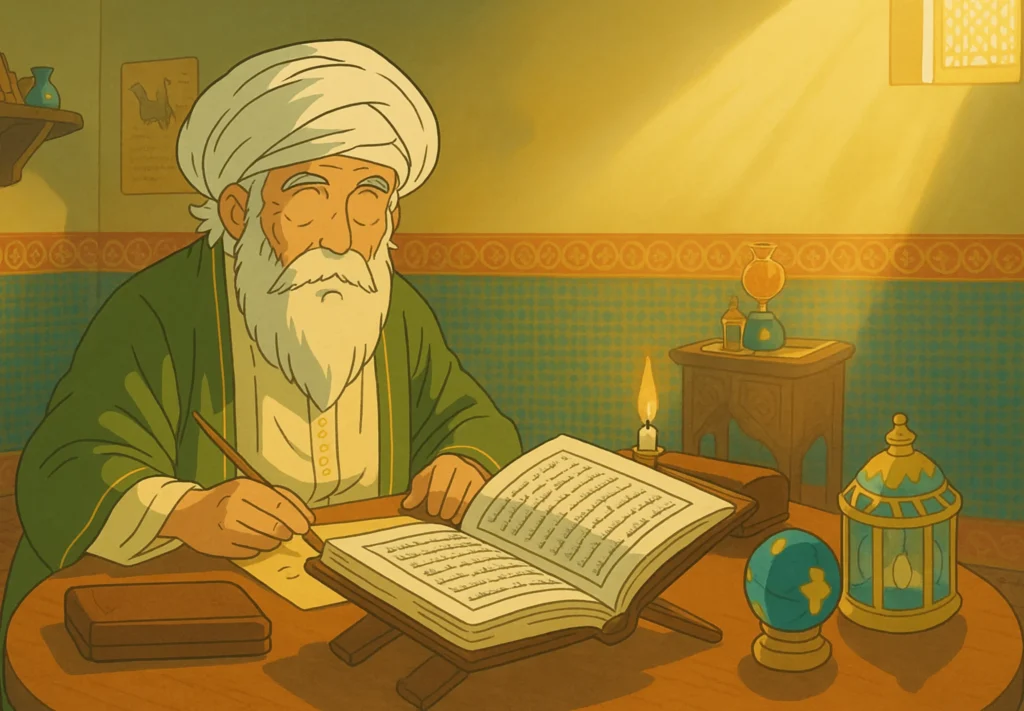
The idea that religion and science cannot go together mainly came from Europe. There, the church often clashed with reason and philosophy. But this experience never applied to Islam. For Muslims, knowledge from the Qur’an and knowledge from the world were two paths leading to the same truth.
The real divide in the Muslim world came much later. First, political decline weakened learning. Second, colonial powers imposed their systems. Third, many Muslims copied European models of secular education.
These changes—not Islam itself—caused people to see religion and science as separate. But the truth is, this paradigm never applied to Islam. Islam did not block the path of science. It paved the way for it.
Revelation fuelled—not stifled—scientific progress.
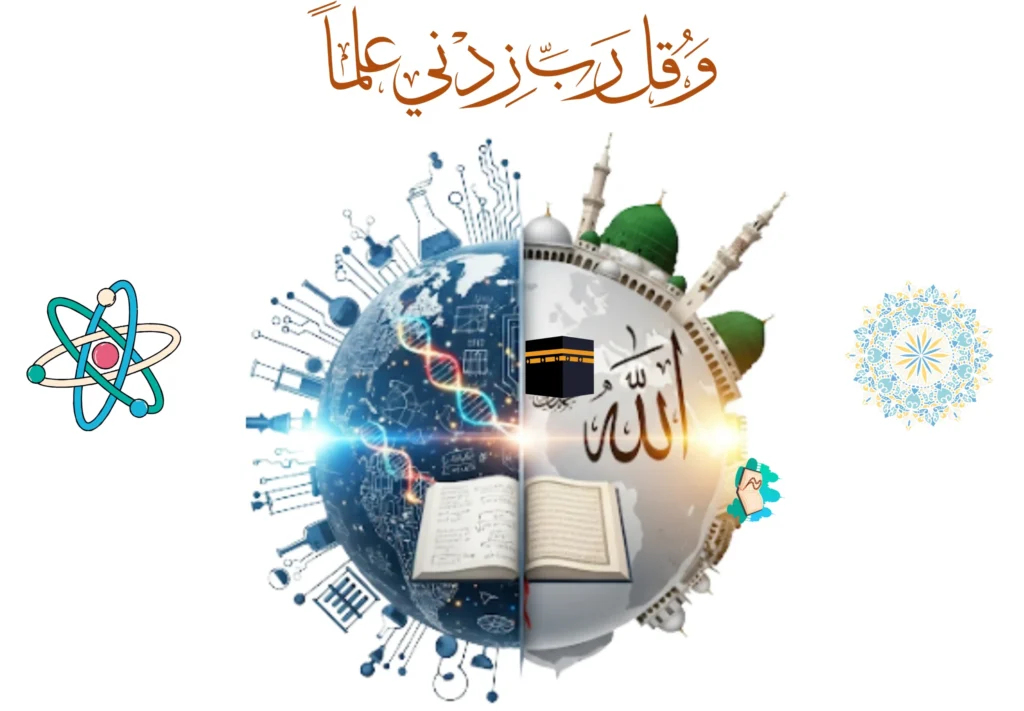
The Guiding Question
If Islam commands knowledge, and if Muslim civilisation once lit up the world with learning, then a painful question must be asked:
“Why did a civilisation built on knowledge lose its role as the torchbearer of knowledge?”
This question is not rhetorical—it is central.
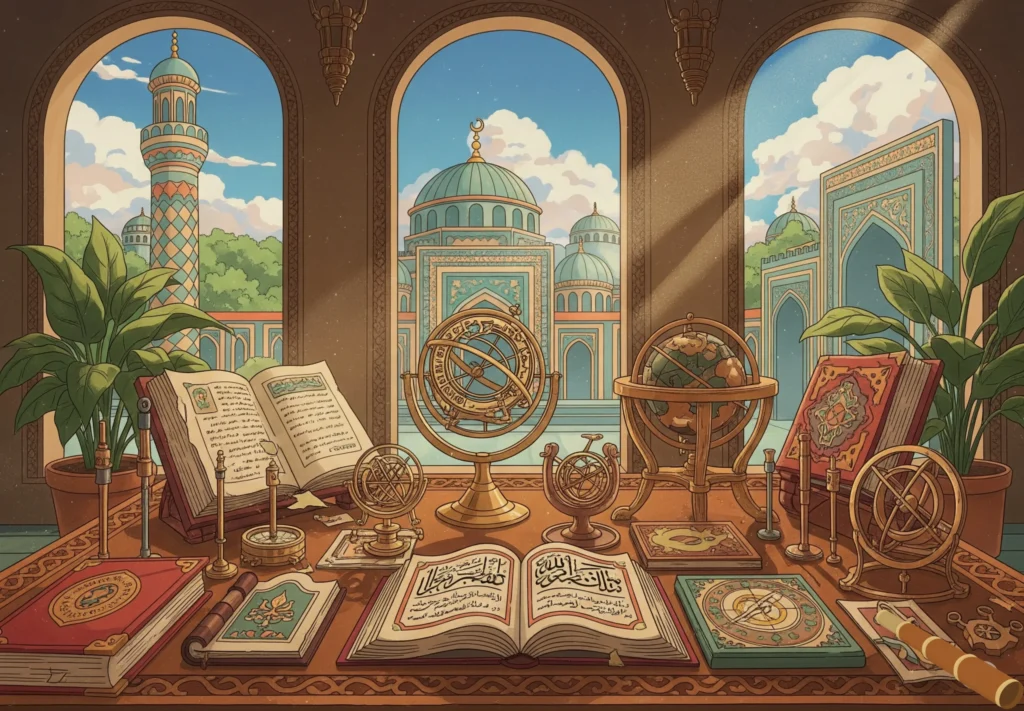
For centuries, from Baghdad to Córdoba, from Cairo to Samarkand, Muslims led humanity in discovery. Today, however, the Muslim world struggles to reclaim its voice in the global symphony of knowledge.
But before delving into the decline, we must know there was brilliance. In the subsequent blogs, we shall reflect upon and explore:
- The golden age of Muslim
- Their contributions to science.
- Their decline and a stagnation point in history.
- The Qur’anic reminder that knowledge is an obligation.
- And a vision for revival in the fields shaping tomorrow.
Persia under the Muslim Rule
Unlike other conquerors who used to demolish infrastructure, burn crops and libraries with the intention of erasing the past and physical devastation, the Rightly Guided Caliphs, after the conquest of Persia, did not harm the belongings of the old civilisation.
Muslims also got a library full of books with the conquest of Persia. The libraries contain manuscripts that Muslims do not understand as they were written in foreign languages like Greek, Persian, etc. They preserved what they encountered, as they did not even know what those things would help them with.
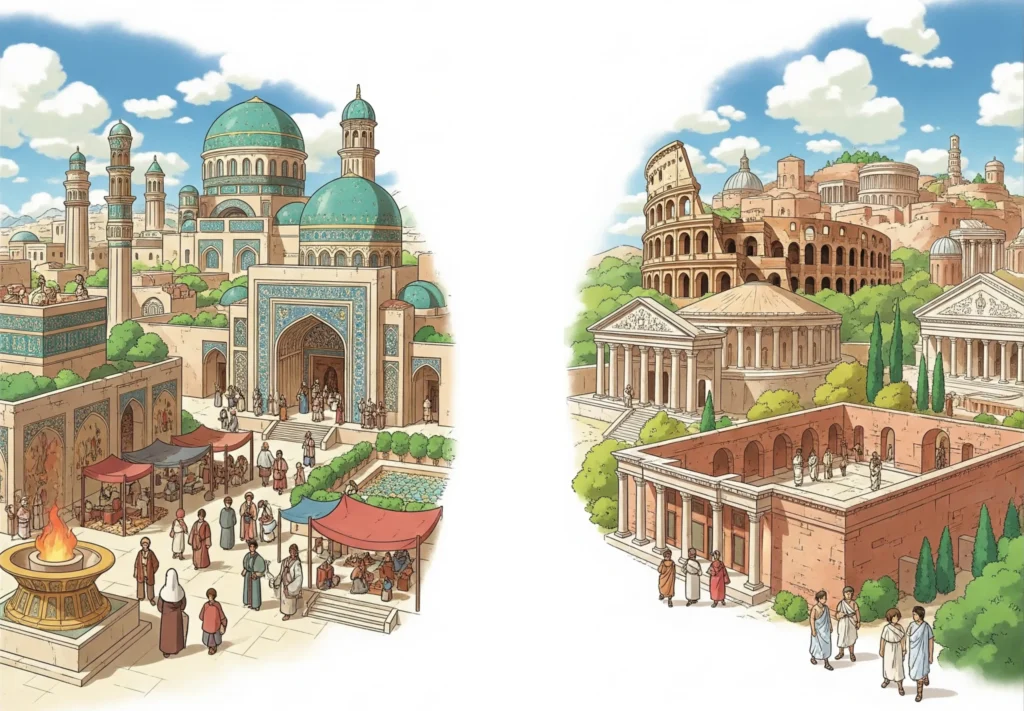
Rome and the Muslim Rule
A similar story unfolded with the remnants of Roman civilisation. While the Western Roman Empire collapsed and plunged Europe into the so-called “Dark Ages”. At that time, Muslim civilisation inherited, protected, and expanded much of the Greco-Roman intellectual heritage.
In cities such as Damascus, Baghdad, and later Córdoba, Muslims not only studied but critiqued, expanded, and improved upon texts from:
- Aristotle
- Ptolemy
- Euclid
- Galen
Muslim thinkers like Ibn Rushd (Averroes) became the bridge through which Europe eventually rediscovered Aristotle. Physicians such as Ibn Sina (Avicenna) built upon Galen but went far beyond him. He produced medical works that were studied in Europe until the 17th century.
Rome fell into ruins, but its knowledge lived on—because Muslims carried the torch.
Respect for the Knowledge
Guided by Islamic principles, Muslims did recognise that knowledge—regardless of its source—was a trust to be safeguarded. This respect for learning became the seed of a cultural transformation after around a 100 years when the Abbasids took over and replaced the Umayyads.
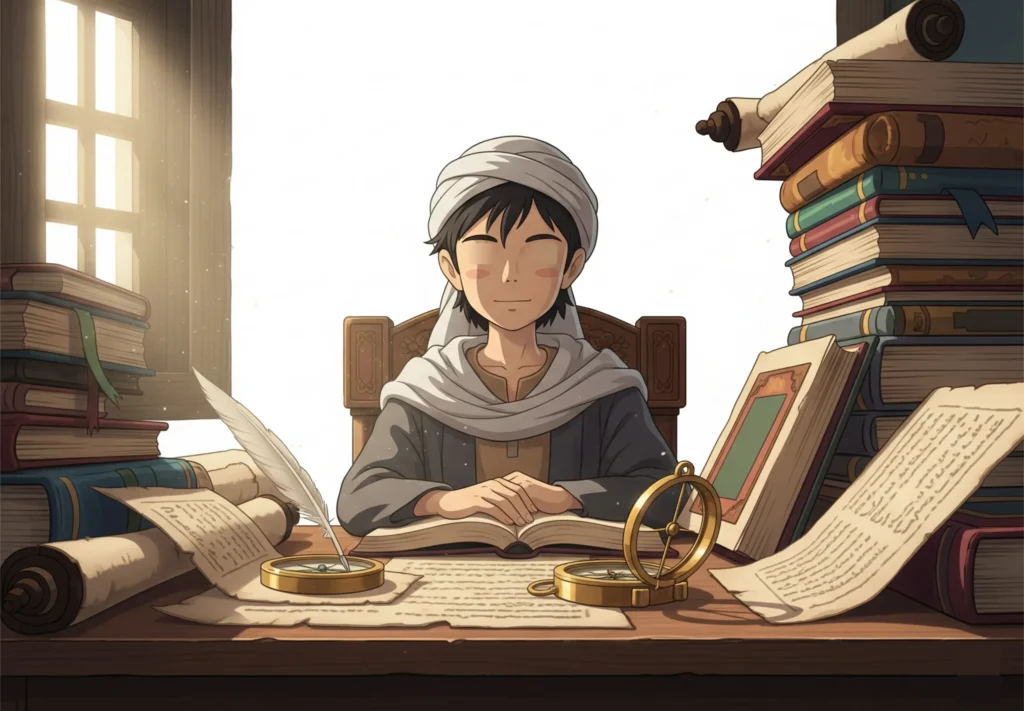
While early Muslims may not have understood every manuscript they inherited, their refusal to destroy it and reverence allowed great minds to emerge under Muslim rule, turning Baghdad into a city where knowledge was not only preserved but also expanded and transformed, generation after generation.
Conclusion
Not Only the Sword but Also the Pen
The untold history of a thousand years reveals that Muslim civilisation was not simply a conqueror of lands but a conqueror of ignorance. Muslims preserved ancient knowledge, expanded it with their own discoveries, and handed it back to Europe. They sparked the Renaissance and eventually the Scientific Revolution.
Today, the Muslim world faces the challenge of reclaiming this legacy. The Qur’an still commands: Read. Reflect. Learn. If the early Muslims could illuminate the world by uniting faith and knowledge, then so can the present generation.
The sword once defended the civilisation, but it was the pen that immortalised it. And it will be the pen again that revives it.
Frequently Asked Questions (FAQs)
Did Muslims really influence the European Renaissance?
Yes. Translations from Arabic into Latin carried Muslim discoveries and preserved Greek knowledge back into Europe, directly sparking the Renaissance.
Who were some famous Muslim scholars of this era?
Al-Khwarizmi (mathematics), Ibn Sina (medicine), Al-Razi (chemistry), Ibn al-Haytham (optics), and Ibn Rushd (philosophy) were among the most influential.
Why is knowledge so important in Islam?
Knowledge is considered worship and a divine command. The Qur’an and Hadith repeatedly stress that learning is obligatory and a path to truth.
How long did the Islamic Golden Age last?
Roughly from the 8th to the 13th century, though its impact extended well beyond those years through works studied in Europe until the 17th century.
Can the Muslim world contribute to science today?
Yes. By reviving its heritage of integrating faith and reason, investing in education, and embracing research, the Muslim world can once again contribute to shaping the future.

